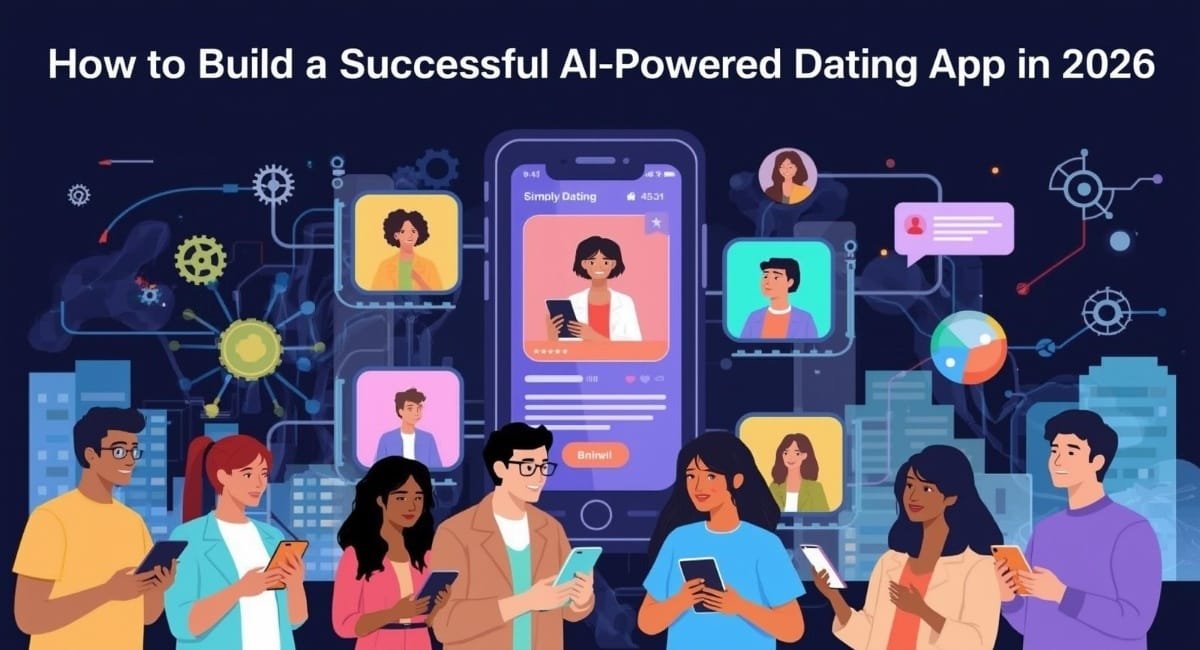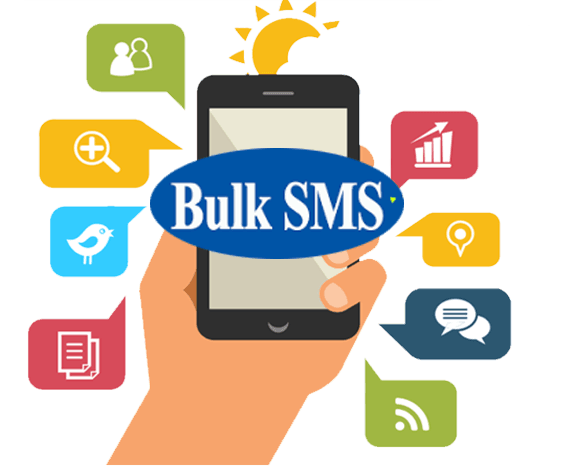Be it in manufacturing, marketing, production, HR, and even customer service, it is evident that systems are inundated with large volumes of data – structured and unstructured. Data is not only growing in volume, but it is increasingly complex too.
Let us take HR as an example: every employee joining a company does not only bring their job information with them (such as designation, date of joining, certifications if any, and more) but also contribute to new data: total hours worked, projects assigned, projects completed, performance reviews and so on.
The large data volume offers an opportunity, and a challenge too, for organizations. Opportunity because data is a source for generating actionable insights to streamline processes, enhance productivity, improve customer experience, and more. On the other hand, the challenge lies in processing all the data generated every day.
However, automated processes such as text analytics help generate insights by transforming data into information that machines understand. Text mining solutions can be leveraged to analyze large and complex data sets in a fast, simple, and efficient manner, while it also serves as a powerful tool to automate repetitive, mundane tasks in a business environment.
Applications of text mining are wide-ranging, helping organizations enhance several key business processes.
Customer service
According to one report, 96 percent of customers say customer service is an important factor in staying loyal to a brand. In 2021, consumers expect personalized, quick responses from support teams.
Text mining helps streamline customer support by automating ticket tagging and ticket routing processes, which, when performed manually, are time-consuming and not always reliable.
The topic of each ticket could be identified and tagged automatically with the help of text mining by investing a bit of time training a machine learning model.
For example, when a support ticket says, “shipment hasn’t arrived it”, the model would automatically tag it under “shipping issues”.
This helps boost customer satisfaction while, also, improving process efficiency.
Ticket routing is another area where text mining enables businesses to automatically route a particular ticket to the appropriate person or team based on factors such as the topic of the ticket, its complexity, language, et cetera.
Product reviews
Online reviews are as important as personal recommendations to customers and, also, they are integral to your brand image and reputation. After all, public opinion about products and services not only give brands the opportunity to understand what their customers value the most but also help enhance the offering.
Text mining software helps process thousands (or more) of product reviews automatically, thus eliminating manual process and providing excellent results.
Let’s say, your organization has launched a new mobile app and you need analyze user reviews provided on the Play Store. With the help of a text mining model, reviews can be categorized into topics such as performance, design, features and more. Text mining also enables you to perform sentiment analysis to gauge user perspective about their experience with the mobile app, your product and more.
Ad testing
Designing quality ads that receive tons of clicks and bring in a high return on investment (ROI), is as much an art as it is science, and it requires extensive testing.
Text mining helps marketers and advertisers get an objective view of the performance of ad copies, ad response rates, campaigns performance comparison, et cetera.
With the help of text mining software, marketers can split-test ads, test landing page and website designs for maximum performance, test the effectiveness of content, and more.
In 2021, with customers increasingly responding to personalized experiences, text mining helps understand what your audience responds to and customize your marketing assets accordingly.
Surveys
Open-ended survey questions are a powerful way to gauge your audience’s thinking about your organization’s latest initiatives, services, and products. In fact, understanding people’s interest in a new concept before moving forward with it helps manage the development cost-effectively.
Text mining tools help organizations avoid catastrophic failures by revealing audience interest and whether they are likely to be on-board with an initiative even before it’s set in motion.
In addition, text mining allows you to group survey responses into broader topics or perform a granular analysis. Either you can focus on topics that are most relevant to your campaign or employ a top-down approach for effective decision-making.
Another advantage is the multilingual support provided by text mining applications enables you to automate the process of translating different languages into the one of your choice for analysis.
Summary
Text mining is a powerful tool for organizations as it can be implemented in almost every business function to glean actionable insights from structured and unstructured data. Fine-tuning the models for accuracy and efficiency might need time and planning, but once that’s taken care of, organizations will ensure higher productivity, superior customer satisfaction and better ROI.

Suhith Kumar is a digital marketer working with Indium Software. Suhith writes and is an active participant in conversations on technology. When he’s not writing, he’s exploring the latest developments in the tech world.















Leave a Reply